Trace Amounts of Fukushima Radioactivity Detected Along Shoreline of British Columbia
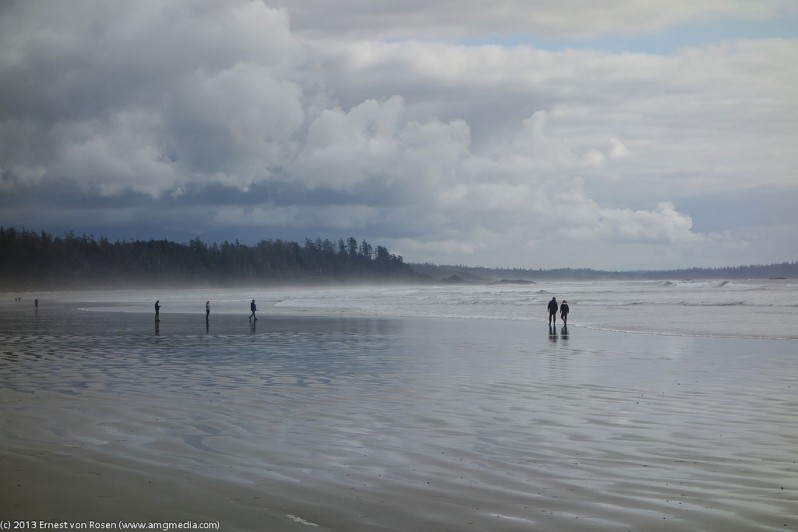
Scientists at the Woods Hole Oceanographic Institution (WHOI) have for the first time detected the presence of small amounts of radioactivity from the 2011 Fukushima Dai-ichi Nuclear Power Plant accident in a seawater sample from the shoreline of North America.
Powerful Earthquake off Papua New Guinea
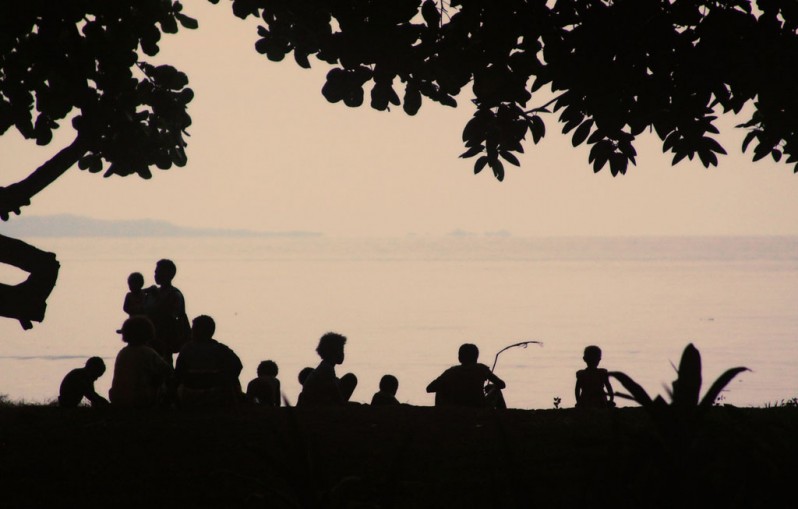
A powerful earthquake rattled the South Pacific nation of Papua New Guinea on Monday, generating a small tsunami and frightening locals near the epicentre, but prompting no reports of damage or injuries.
Japan Mulls Massive, 250-Mile Sea Wall To Fend Of Tsunamis
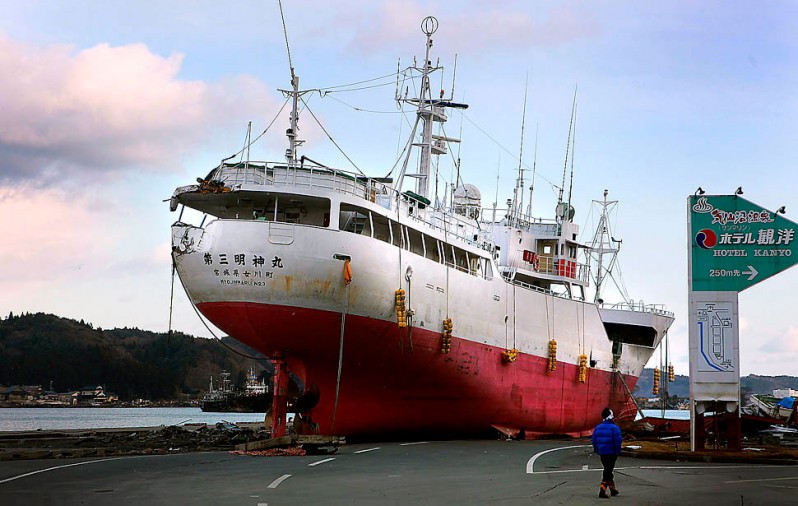
Four years after a towering tsunami ravaged much of Japan’s northeastern coast, efforts to fend off future disasters are focusing on a nearly 400-kilometer chain of cement sea walls, at places nearly five stories high. Opponents of the $6.8 billion plan argue that the massive concrete barriers will damage marine ecology and actually do little to protect residents who are mostly supposed to relocate to higher ground.
4 Years After Japan’s Devastating Tsunami
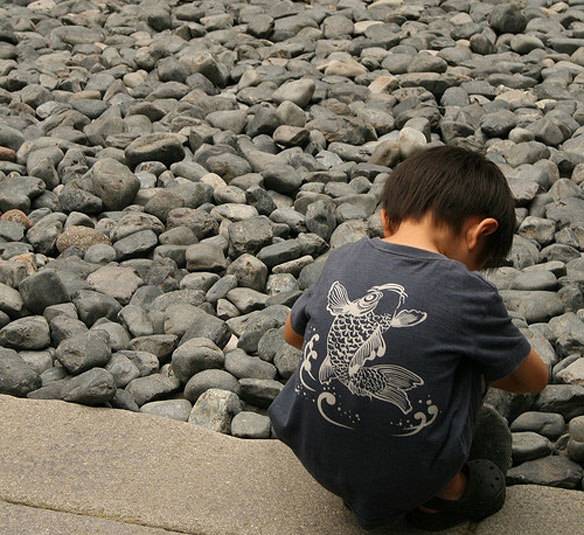
People across Japan fell silent on Wednesday to remember the thousands of victims of the tsunami that wrecked its north-east coast four years ago.
New Museum Program Focuses on Impacts of Fukushima on the Ocean
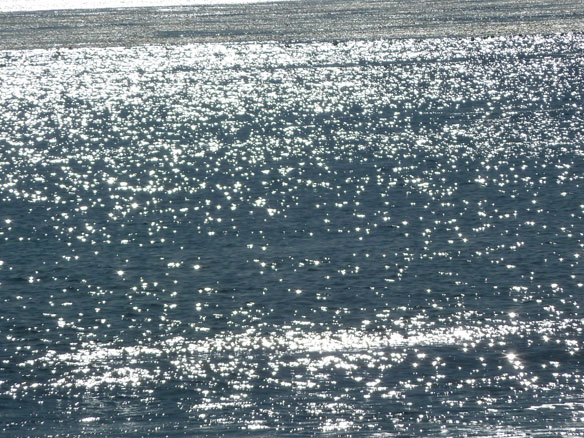
Four years after the Fukushima Dai-ichi nuclear power plant accident, Japan is still recovering and rebuilding from the disaster. The accident resulted in the largest unintentional release of radioactivity into the ocean in history…
Fukushima Operator Finds New Source of Radiation Leak into Sea
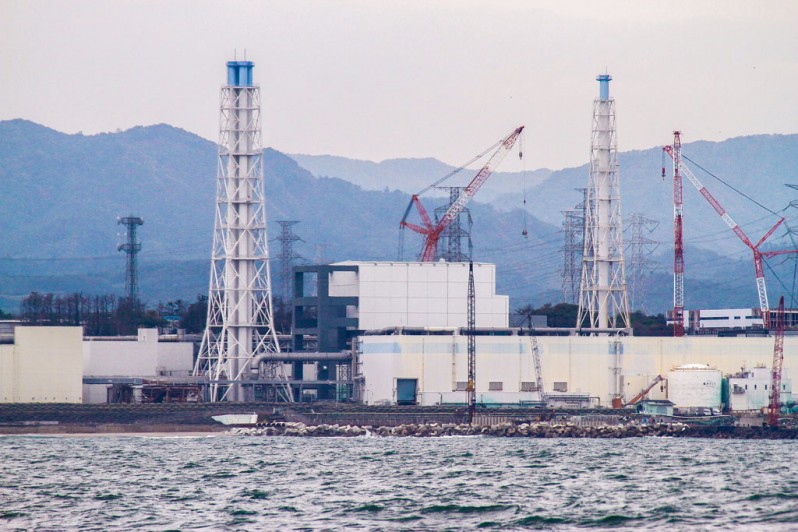
The operator of the tsunami-crippled Fukushima found a pool of highly contaminated water on the roof of a plant building and that it had probably leaked into the sea through a gutter when it rained.
Impact of Tsunami on the Columbia River
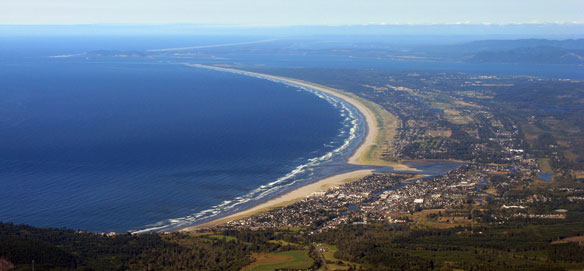
Engineers at Oregon State University have completed one of the most precise evaluations yet done about the impact of a major tsunami event on the Columbia River, what forces are most important in controlling water flow and what areas might be inundated.
Sri Lanka Still in Search of a Comprehensive Disaster Management Plan
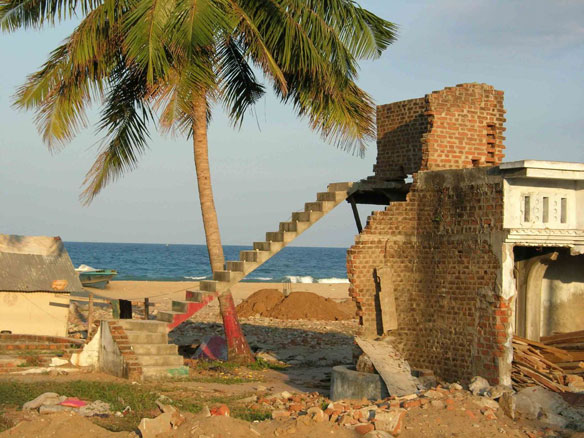
Only those who have faced disasters head-on understand and appreciate the need to think and act at lightening-quick speeds. Cultivating awareness among the general public – is perhaps the single most important aspect of a comprehensive national plan, according to experts.
Ten Years After Indonesian Tsunami, Are Coasts Any Safer?
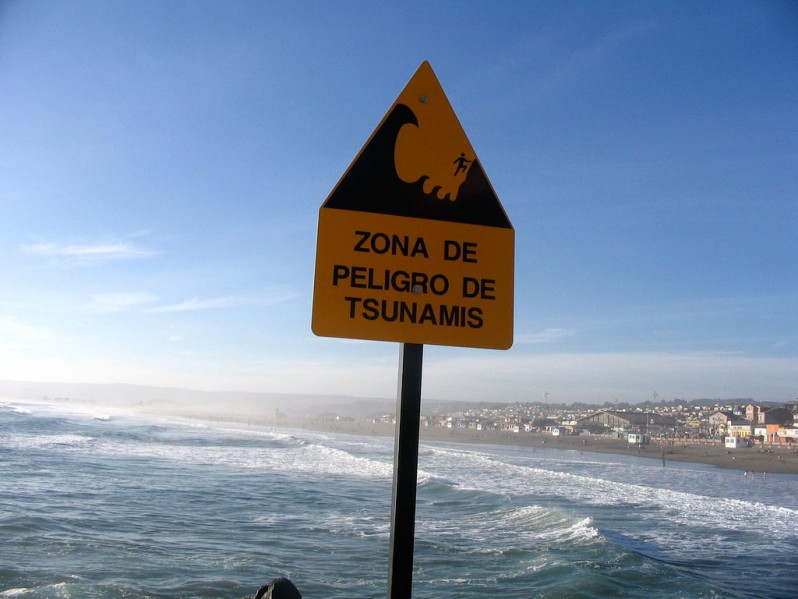
It is impossible to predict exactly when or where the next major tsunami will occur. Future tsunami disasters are inevitable, but with better technology, education and governance we can realistically hope that a loss of life on the scale of the 2004 tsunami disaster will not happen again.
